Palette Plumbing is Now Part of the Peach Family!
Hard Water in Atlanta: Is It Ruining Your Plumbing?
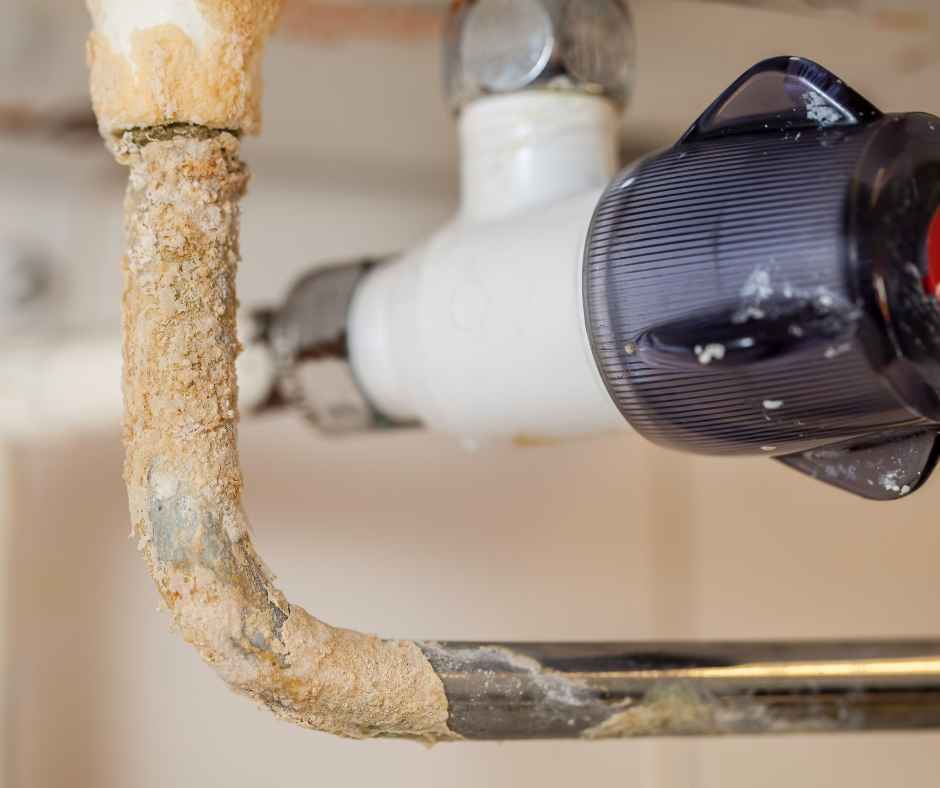
If you’ve noticed chalky white residue on your faucets or stubborn water spots on clean dishes, you might be dealing with hard water—and it could be doing more damage than you realize. In Atlanta, hard water is a surprisingly common issue that affects both city and suburban homes. While the effects may start off small, like soap that won’t lather or dull-looking laundry, the long-term consequences can hit your plumbing system hard. From clogged pipes to failing water heaters, mineral buildup caused by hard water can silently shorten the lifespan of your entire system.
Fortunately, there are ways to spot the signs and protect your home before serious damage occurs. In this blog, we’ll explore what hard water really is, how it impacts your plumbing, and what Atlanta homeowners can do to stop it in its tracks.
What Is Hard Water and Why Is It a Problem in Atlanta?
Hard water is simply water that contains elevated levels of dissolved minerals—mainly calcium and magnesium. While these minerals aren’t harmful to your health, they can wreak havoc on your plumbing system over time. When hard water flows through your pipes, the minerals it carries begin to accumulate along the interior surfaces, eventually forming a stubborn layer of scale. This mineral buildup reduces water flow, stresses your plumbing, and causes your appliances to work harder than necessary.
In Atlanta, hard water is a common concern due to the region’s underground rock formations, which naturally contribute to higher mineral content in the water supply. Whether your home gets water from the municipal system or a private well, there’s a good chance your water contains enough hardness to cause plumbing issues. Over time, this can lead to clogged fixtures, decreased water pressure, worn-out seals, and increased energy use from appliances like water heaters and dishwashers.
What makes hard water especially tricky is that its effects aren’t always noticeable right away. You might live with cloudy dishes, itchy skin, or slow-draining fixtures without realizing that mineral buildup is to blame. That’s why understanding how hard water behaves—and how it affects your plumbing—is key to preventing long-term damage and unnecessary repairs.
Signs That Hard Water Is Affecting Your Plumbing
Hard water problems tend to sneak up on homeowners, starting with small annoyances and gradually turning into costly plumbing repairs. Recognizing the signs early can help you take action before your pipes and appliances suffer permanent damage. In Atlanta, where mineral-rich water is common, these symptoms can appear in any home—old or new.
Reduced Water Pressure
One of the earliest and most noticeable signs of hard water is reduced water pressure throughout your home. This typically happens when mineral deposits accumulate inside your pipes, slowly narrowing the openings and restricting flow. Over time, it can feel like your fixtures are underperforming even when your plumbing system is working overtime to push water through those narrowed paths.
White or Chalky Buildup on Fixtures
Look closely at your faucets, showerheads, or around your sink drains. If you see a crusty white residue that’s tough to scrub off, that’s limescale—a clear sign of hard water. It may not seem like much, but that same scale is forming inside your pipes, around valves, and inside your water heater.
Soap Scum That Won’t Wash Away
Hard water doesn’t mix well with soap. Instead of rinsing clean, it creates a sticky film that clings to bathroom tiles, shower doors, and your skin. If it feels like no matter how much you clean, your soap scum just won’t go away, hard water may be the culprit.
Appliance Performance Issues
Have you noticed your dishwasher or washing machine isn’t working as well as it used to? Hard water causes mineral buildup in these appliances, reducing their efficiency and leading to more frequent breakdowns. You may also see cloudy glassware, faded clothes, or increased energy usage as the machines struggle to compensate.
Dry or Itchy Skin and Hair
Though not a plumbing issue directly, hard water can take a toll on your skin and hair. The same minerals that leave buildup in your pipes can strip moisture from your skin and leave hair feeling dry and brittle. If your whole household is complaining about dry skin—even in Atlanta’s humid climate—it might be your water, not the weather.
How to Fix Hard Water Problems
If hard water is damaging your plumbing, don’t worry—you have options. From quick fixes to long-term solutions, there are ways to reduce the impact of mineral buildup and protect your home’s plumbing system. Some approaches can be handled with simple at-home maintenance, while others are best left to plumbing professionals.
DIY Options and Maintenance
There are a few steps homeowners can take on their own to manage the visible effects of hard water. Start by cleaning buildup on faucets and showerheads using white vinegar. Soaking these fixtures for a few hours helps break down mineral deposits and restore water flow. Installing individual filters on your faucets and showerheads can also help reduce the amount of scale that forms on surfaces.
Switching to hard water-specific soaps and detergents can make a noticeable difference as well. These products are formulated to lather better in mineral-rich water and reduce residue on your skin, dishes, and laundry. Additionally, flushing your water heater at least once a year can help remove sediment buildup, improving efficiency and extending its lifespan.
While these DIY tips won’t solve hard water at the source, they can reduce its daily impact and help you maintain your plumbing system until you’re ready for a permanent solution.
Professional Solutions
For long-term protection, the most effective option is to install a whole-home water softener system. These systems use ion exchange to remove calcium and magnesium before the water flows through your plumbing, preventing future buildup and protecting appliances from internal damage.
Before installing a system, it’s important to start with professional water testing. Peach Plumbing & Drain offers water hardness testing to determine the exact mineral content in your home’s supply. With accurate results, we can recommend the best solution tailored to your home’s needs.
In cases where scale has already caused significant buildup, a thorough plumbing inspection may be necessary. A licensed plumber can evaluate your pipes, check for pressure issues, and repair or replace components damaged by hard water. We can also provide ongoing maintenance services to keep your water softener working properly and your system running efficiently.
How to Prevent Hard Water Damage Going Forward
Once you’ve addressed the immediate effects of hard water, the next step is to protect your plumbing system from future damage. Prevention is key when it comes to mineral buildup—especially in areas like Atlanta, where hard water is a long-term concern for many homeowners.
The most effective strategy is to install and maintain a whole-home water softener. These systems treat all the water entering your home, preventing mineral deposits from ever reaching your pipes and fixtures. Routine maintenance—like checking salt levels and replacing filters—ensures the system continues to work efficiently year after year.
It’s also a good idea to test your water annually, even if you already have a softener. Water conditions can change over time due to shifts in municipal supply or environmental factors. Regular testing helps you stay on top of any changes and catch rising mineral levels before they become a problem.
Plumbing checkups are another important part of long-term prevention. A licensed plumber can inspect your system for signs of early scale buildup, catch pressure drops before they affect performance, and keep your plumbing in top shape with proactive maintenance.
Don’t forget about your appliances—water heaters, dishwashers, and washing machines benefit from regular descaling treatments. These maintenance steps help remove small amounts of buildup before they turn into bigger issues, extending the life of your equipment and keeping energy use in check.
Lastly, if your home still has older galvanized or corroded pipes, it might be time to consider updating them. Older materials are more prone to scaling and can severely restrict water flow over time. Replacing problem areas with modern piping materials can make a huge difference in long-term performance.
Wrap-Up: Conclusion and CTA
Hard water isn’t just a minor annoyance—it’s a slow, silent threat to your plumbing system. In Atlanta, mineral-heavy water can damage pipes, clog fixtures, reduce appliance efficiency, and lead to higher utility bills over time. While the signs might start small—like soap scum or low water pressure—the long-term consequences can become costly if ignored.
The good news? Hard water damage is preventable. With the right combination of maintenance, filtration, and professional care, you can protect your home and keep your plumbing running efficiently for years to come. Whether you’re already seeing signs of hard water or just want to be proactive, taking action now can save you time, money, and frustration down the line.
Worried about hard water in your Atlanta home? Contact Peach Plumbing & Drain today. Our team offers expert water testing, water softener installation, and full-service plumbing solutions designed to keep your pipes clean and your home protected.
Recent News
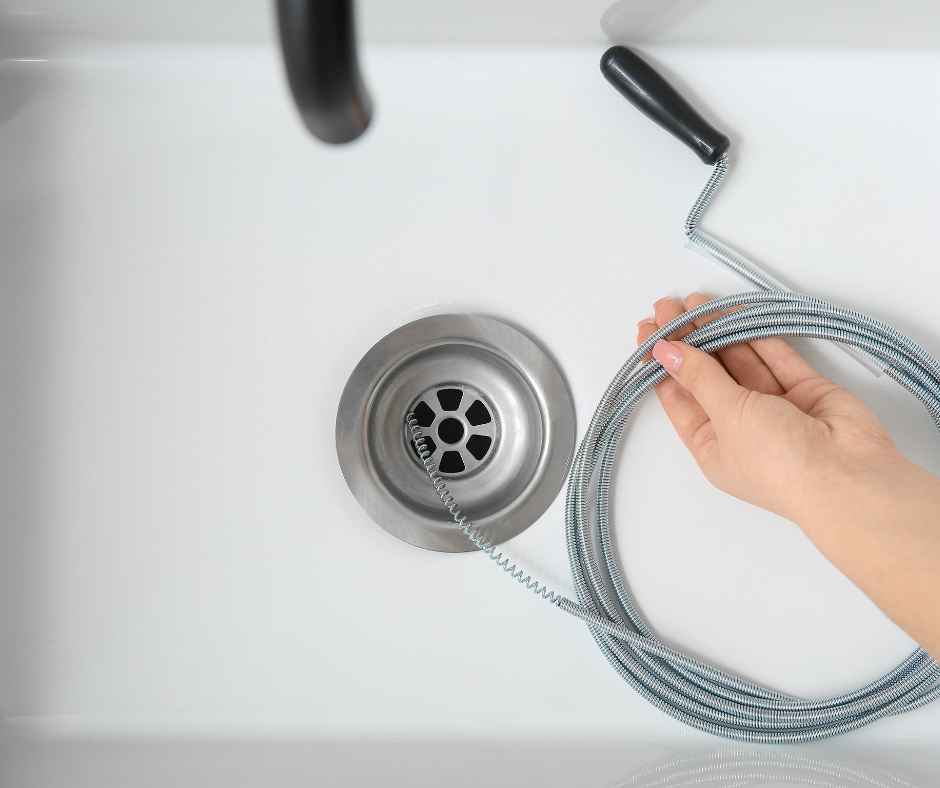
Why Professional Drain Cleaning Is Critical Before Holiday Gatherings
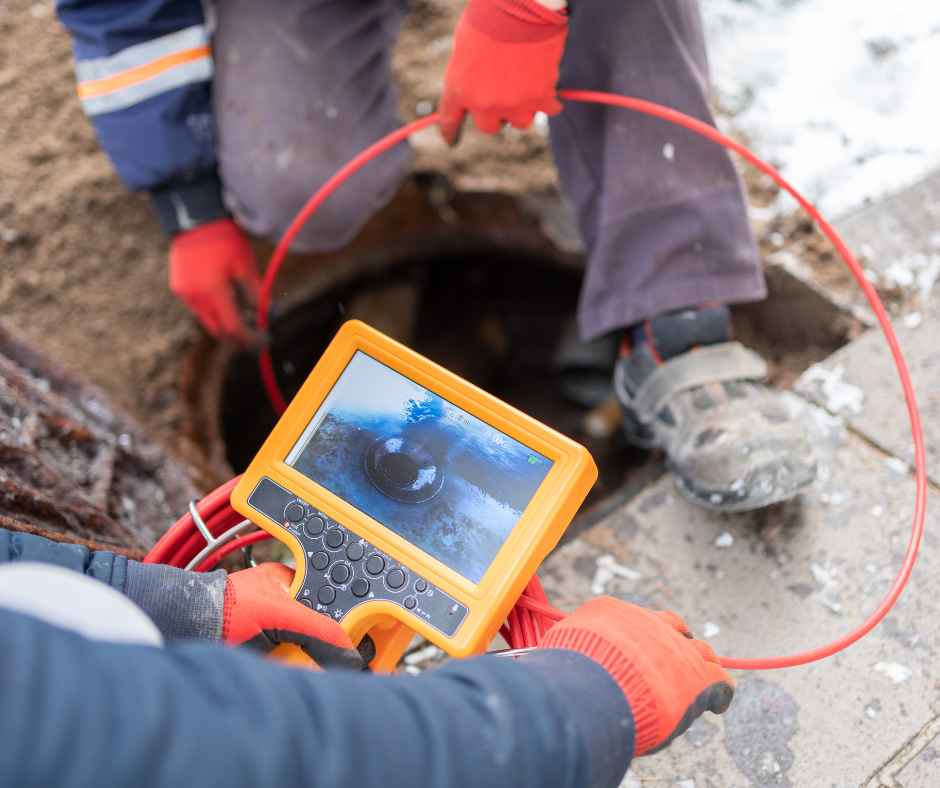
How Sewer Line Problems Disrupt Atlanta Homes in Winter
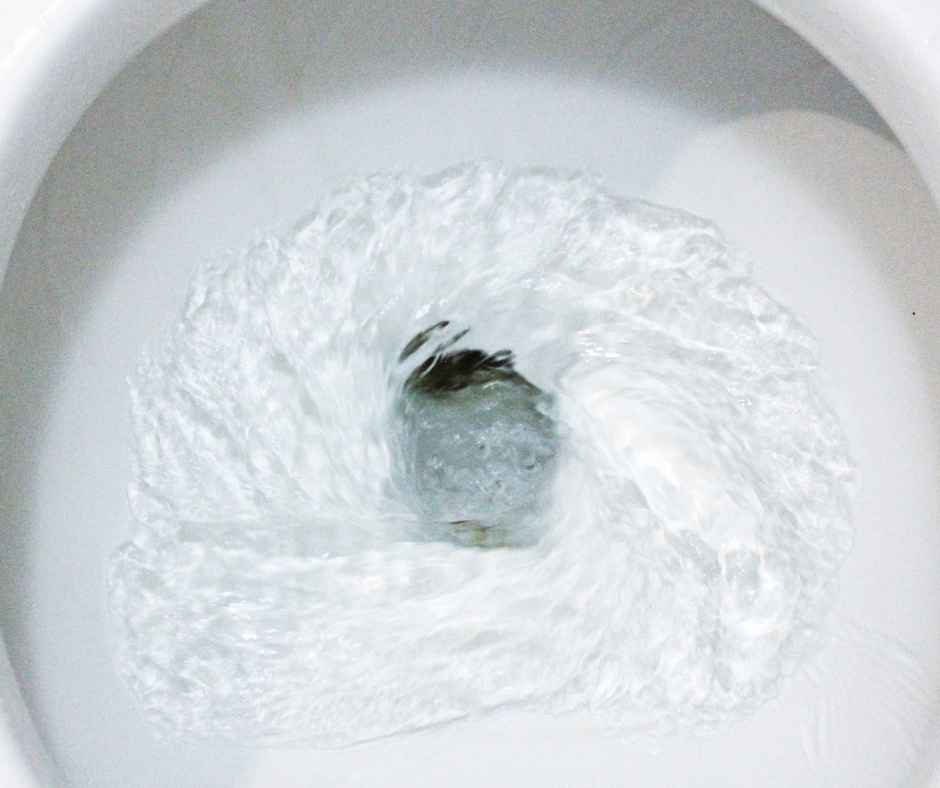
Water-Saving Plumbing Upgrades That Actually Pay Off
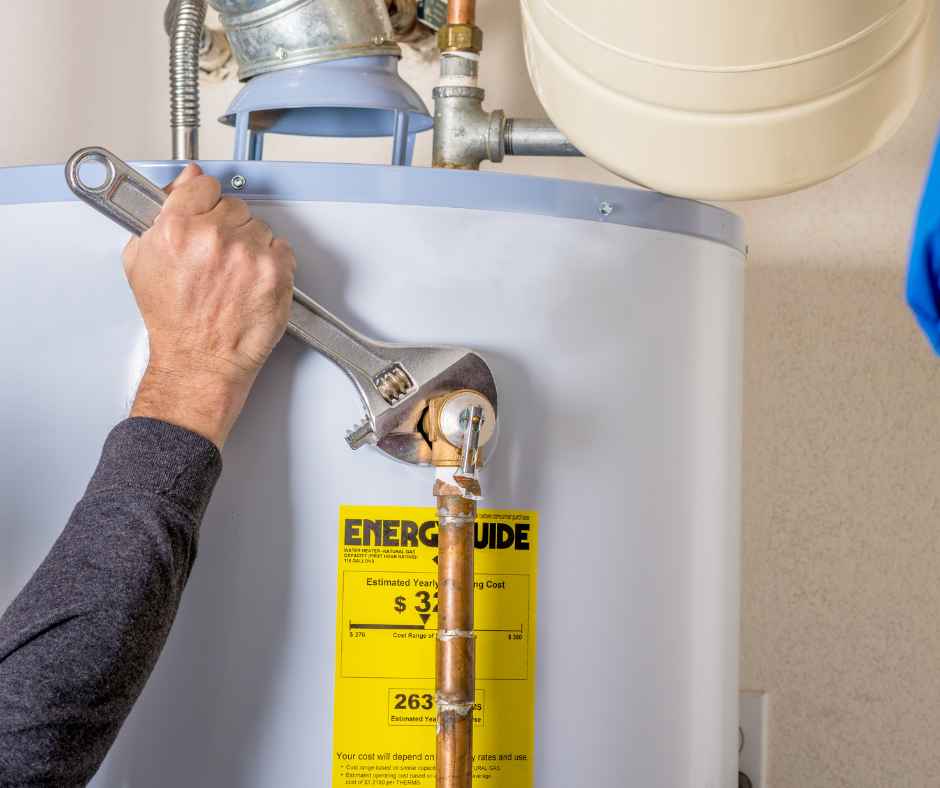
How to Choose the Right Water Heater for Your Home
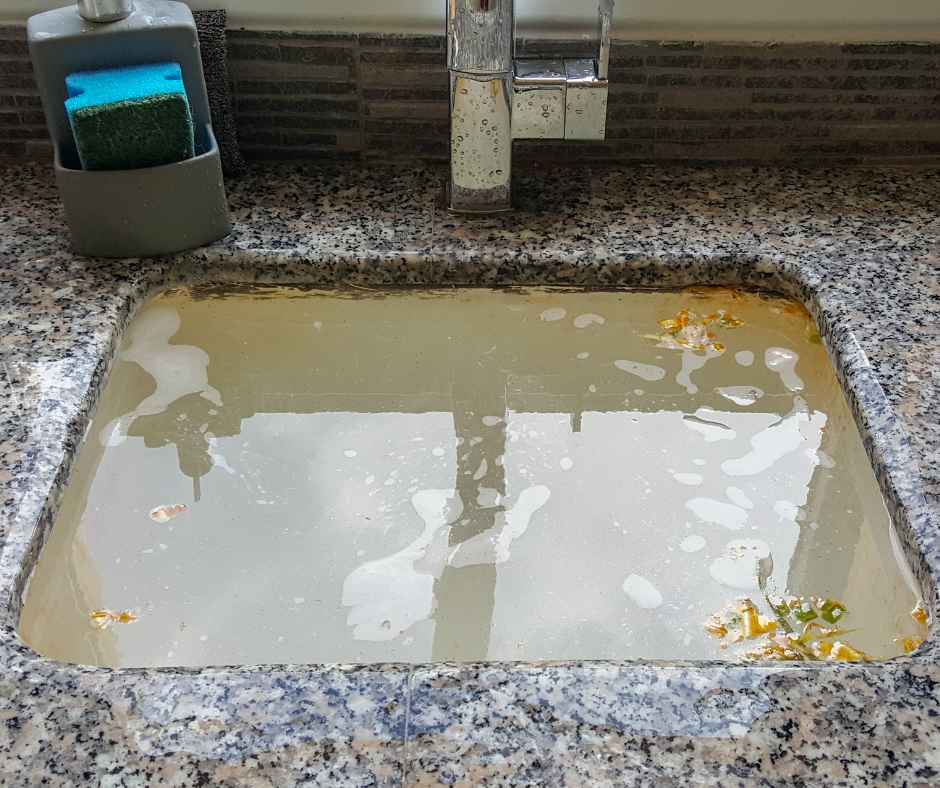
Signs of a Clogged Drain and How to Fix It
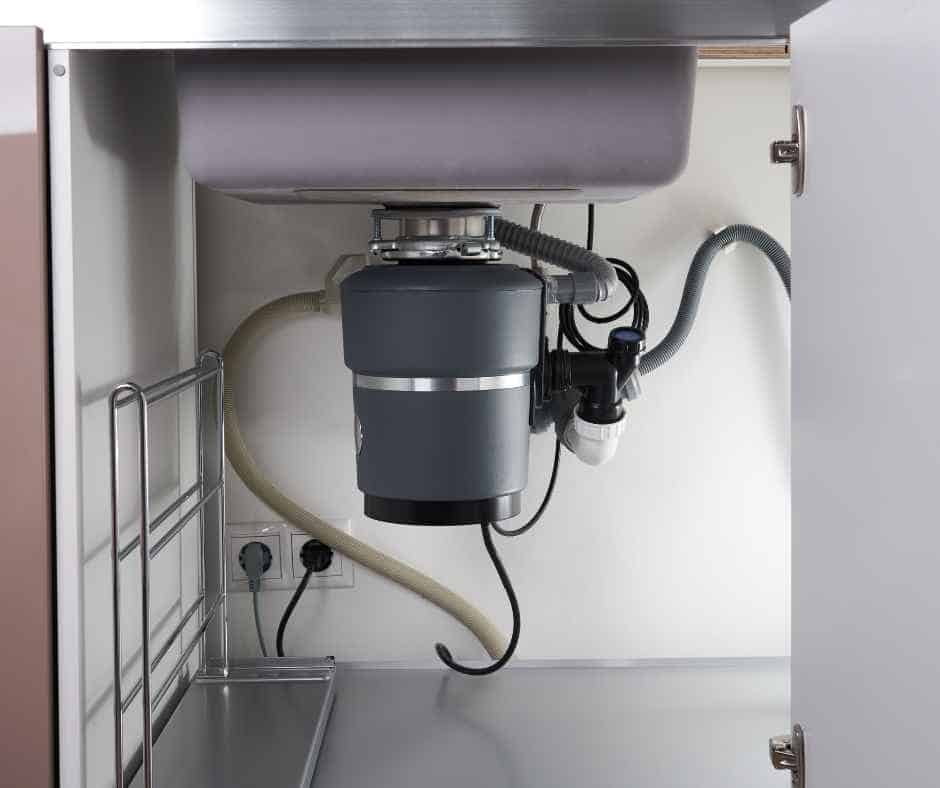
Why Is My Garbage Disposal Making a Humming Noise?

Peach Plumbing & Drain Merges With Palette Plumbing
Get in Touch
